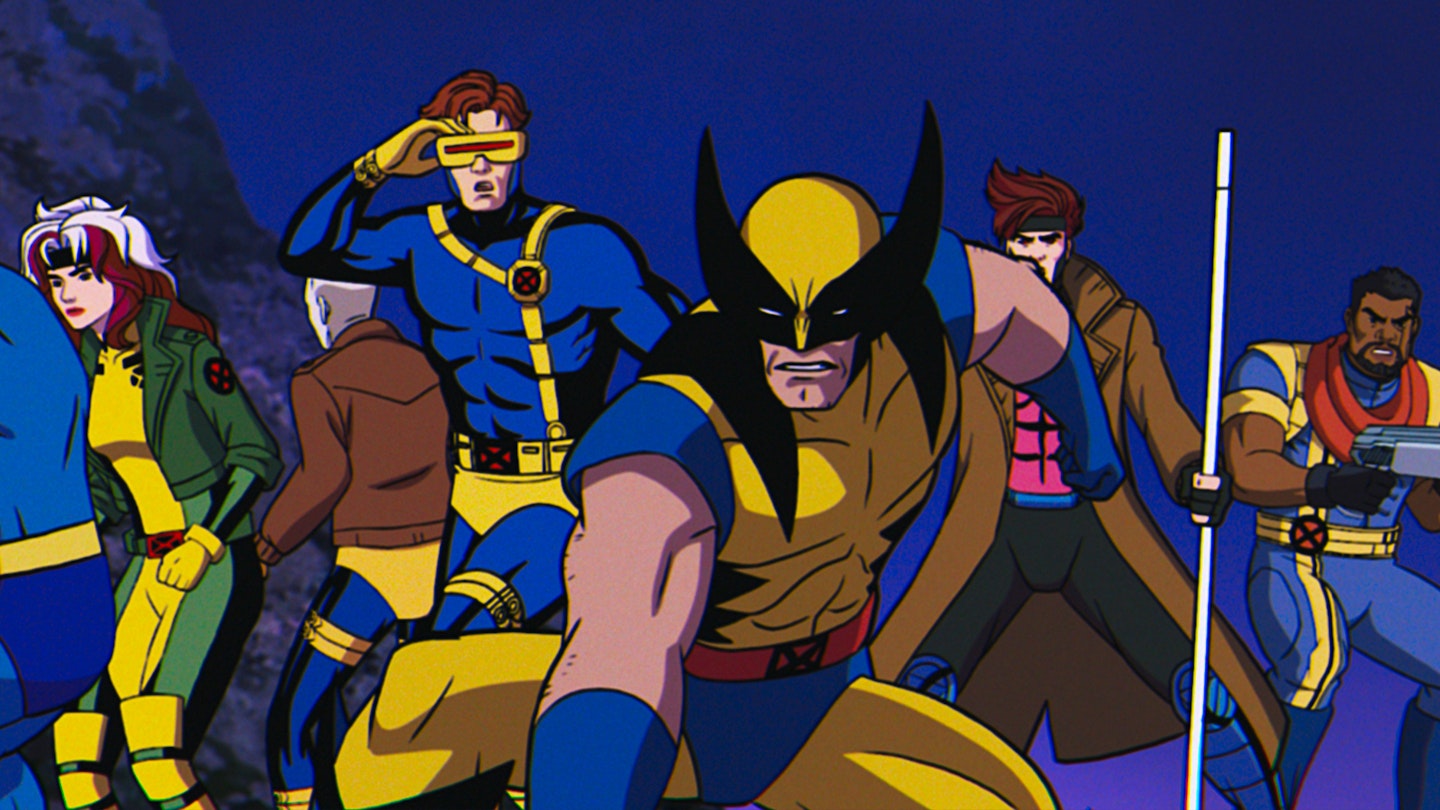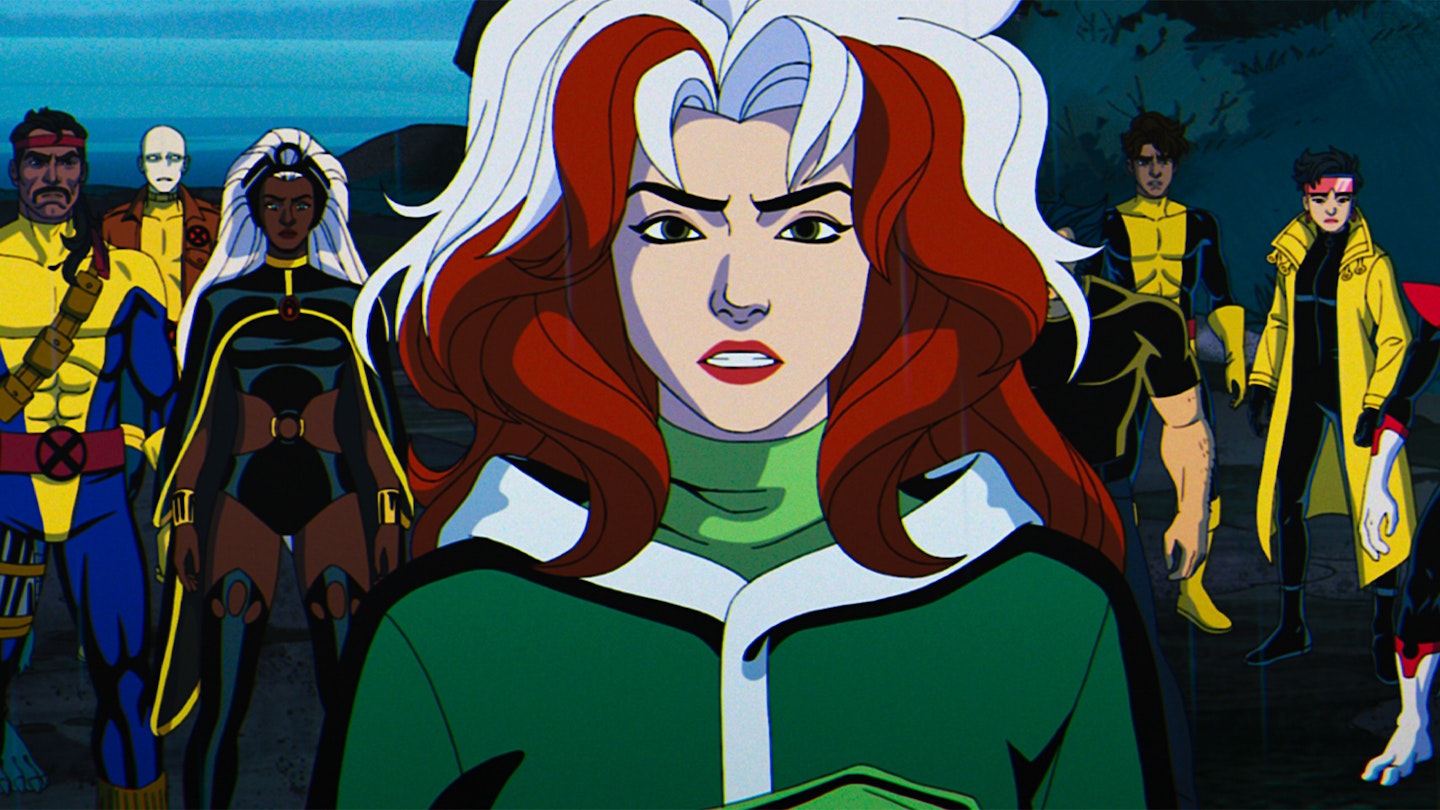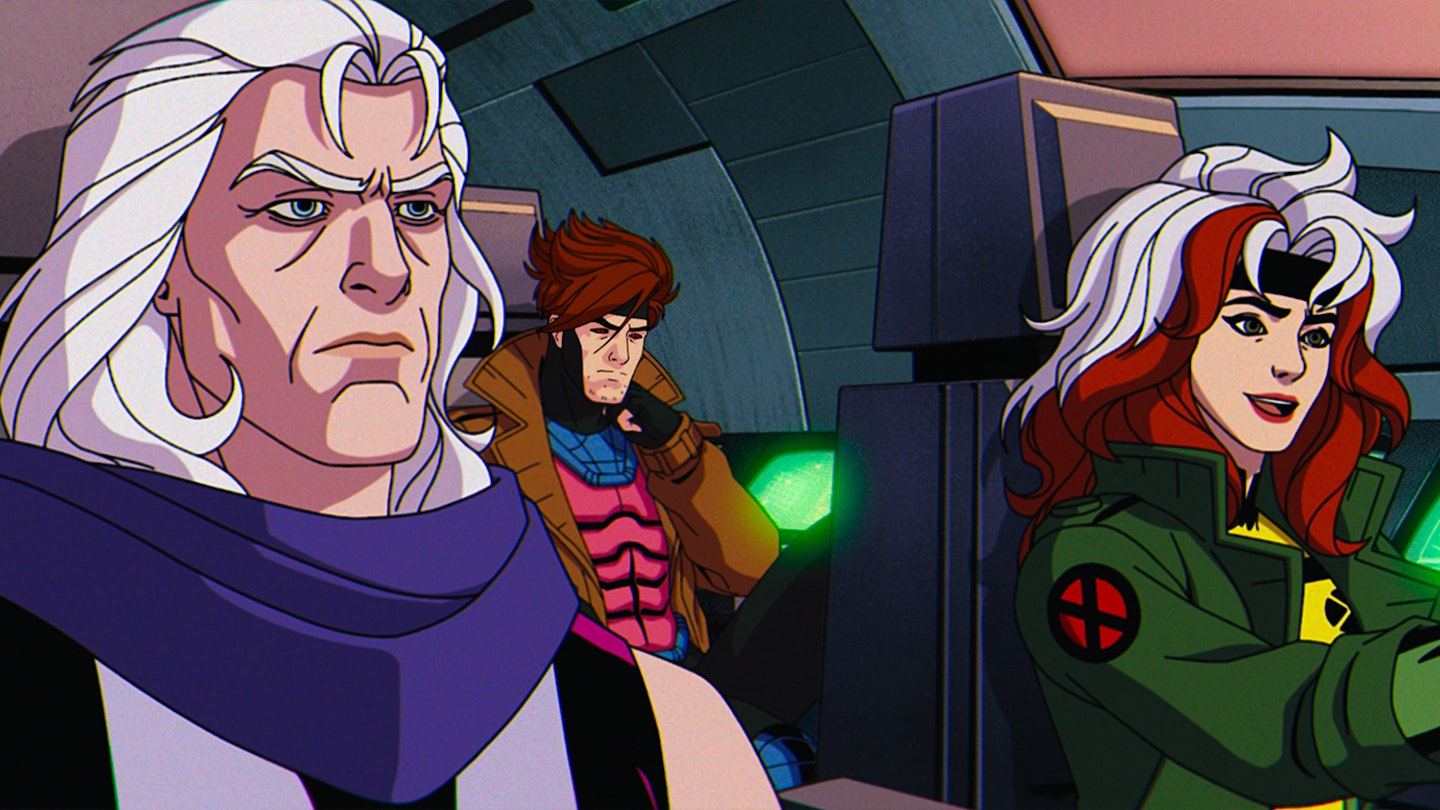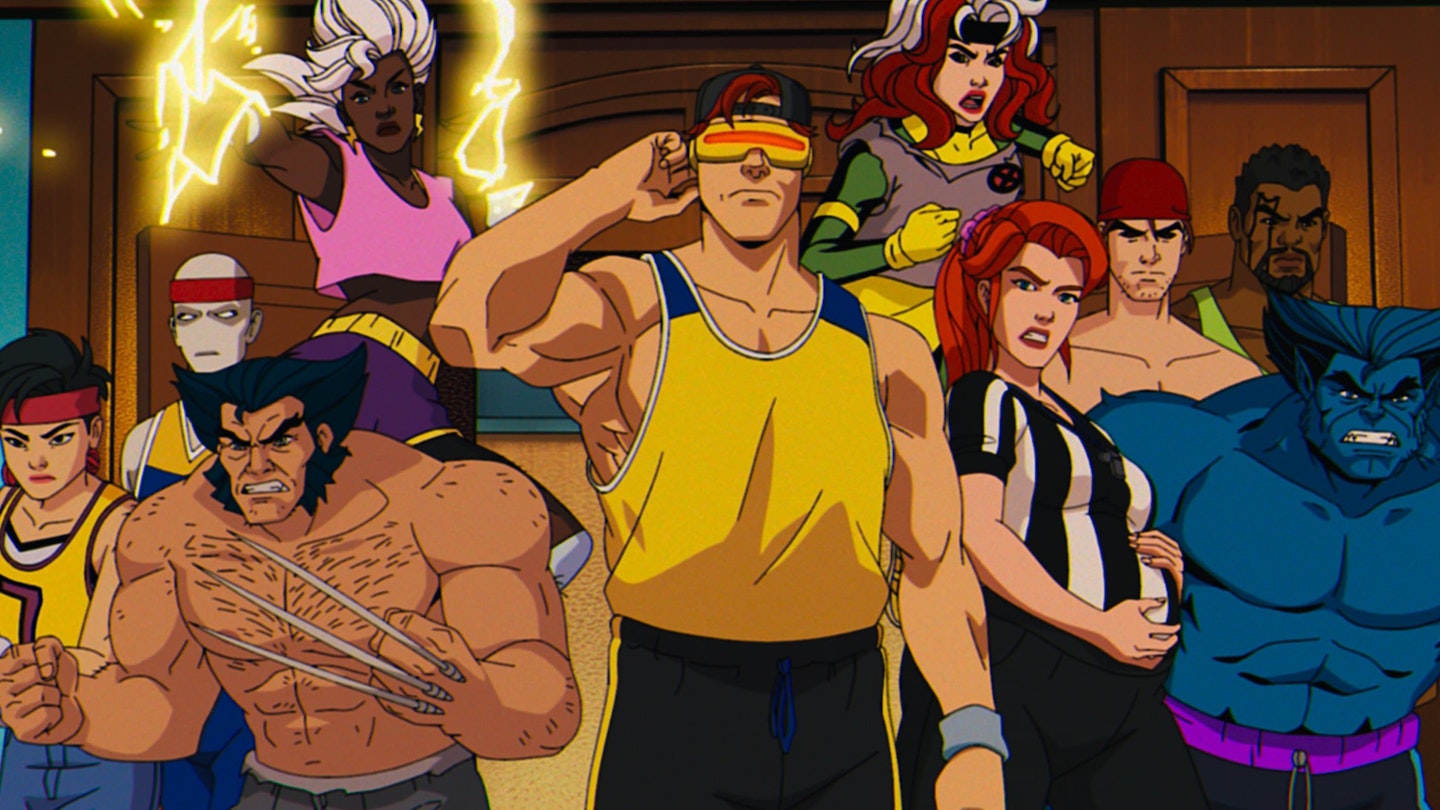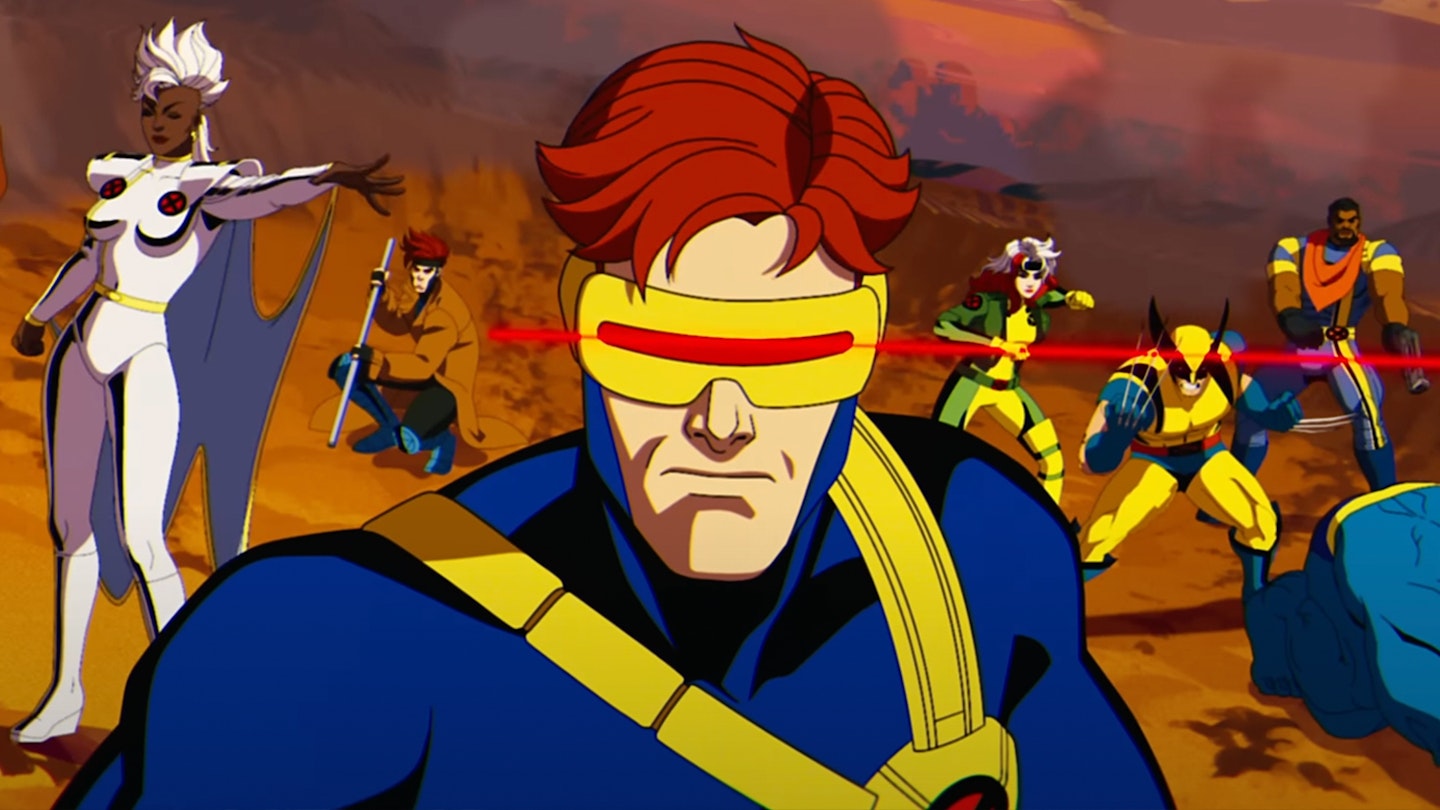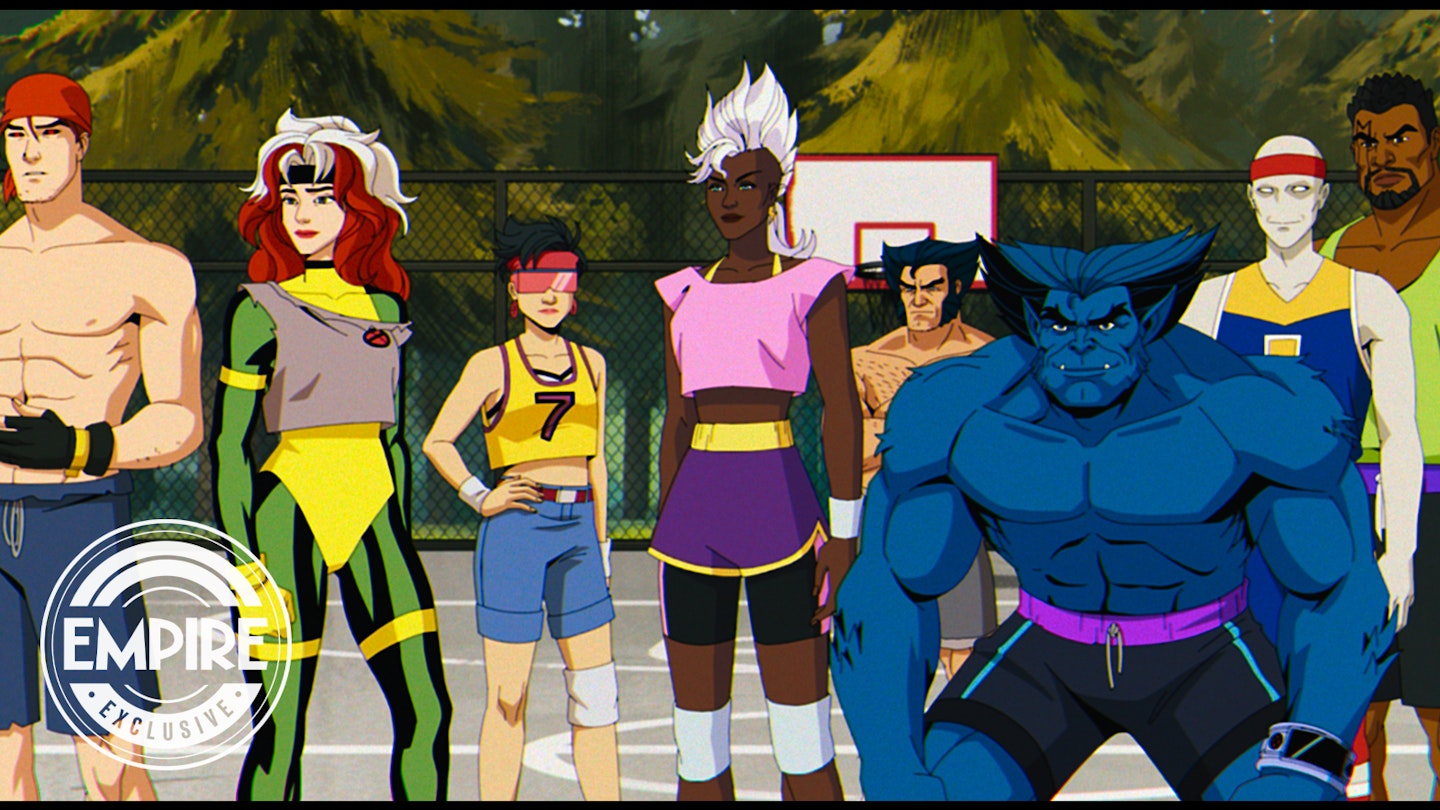With its electrifying synth intro, endlessly quotable catchphrases, and eye-popping aesthetic inspired by comics legend Jim Lee, X-Men: The Animated Series was peak ‘90s Saturday morning TV. And yet, thanks to its then-maverick serialised storytelling approach and complex characterisation, the show — which originally ran between 1992 and 1997 — somehow always felt ahead of its time. Almost three decades later then, the arrival of Marvel Studios Animation’s X-Men ‘97 on Disney+ makes perfect sense. Serving as neither remake nor reboot but rather a direct continuation of the original series, writer-creator Beau DeMayo’s revival — bolstered by extended episode runtimes, claw-sharp animation, and the kind of creative freedom that only Mouse House moolah can buy — isn’t simply the nostalgic ‘toon you know and love. It’s the show X-Men was always meant to be.
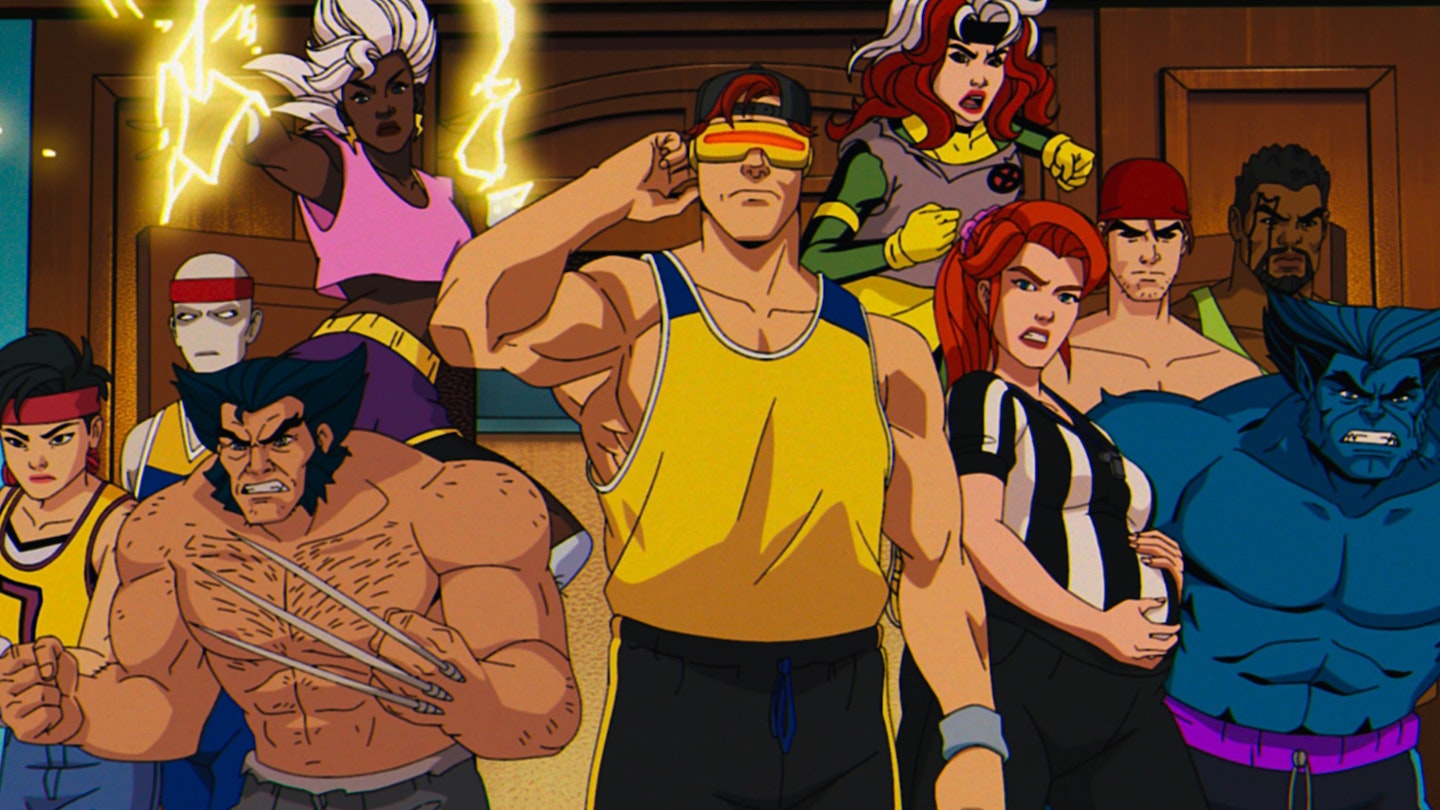
The first thing that registers once the revamped opening titles hit, other than just how hard that initial “Bwa-na-na-na naaaa na-na” goes, is the quantum leap the series has taken aesthetically. An aspect ratio shift from the constrictive, boxed-in 4:3 of yore to a more cinematic, widescreen 16:9 presentation underlines the bigger canvas — both literally and figuratively — that DeMayo and his collaborators are working with here. It also draws the eye to the artistic wizardry of South Korean animation outfit Studio Mir (The Legend Of Korra). Their visually audacious ensemble action set-pieces and emotionally needling close-ups bring the show into the streaming age with a real contemporary flair, while inventive use of a VHS-style patina and the studio’s faithfulness to the character and world design of the OG series take care of the warm and fuzzies.
Nailing the look would all be for nought if it was wasted on weak material, though — and thankfully, X-Men ‘97 doesn’t disappoint on that front, either. The first episode — a semi-redux of 1992 pilot ‘Night Of The Sentinels’, complete with scrappy teen mutant introduction and blockbuster, bot-smashing finale — is, admittedly, a little slow going. Pulling double-duty, DeMayo’s script is tasked with dealing with the aftermath of the original series’ heart-breaking finale while simultaneously bringing newcomers up to speed on the who’s who and what’s what of things. But the X-Men’s perennial struggle — being a marginalised group trying to pursue a peaceful existence in a world bent on vilifying and othering them — speaks as powerfully to the world now as it did to that of 30 years ago, which makes getting on the show’s wavelength easier. It’s actually refreshing, a relief even, to see a superhero property that takes a clear political stance from the get-go and sticks by it.
The real secret sauce at the heart of the series though is the voice cast.
The political pedal really hits the metal in second episode ‘Mutant Liberation Begins’, an outstanding half-hour of TV drama, which draws on legendary comic book writer Chris Claremont’s Uncanny X-Men 200, as Master of Magnetism and Malcolm X-like mutant liberator Magneto (an exceptional Matthew Waterson) is placed on trial at the UN for crimes against humanity. Dealing with survivor’s guilt, the line that can be drawn from the horrors of the Holocaust to contemporary methods of oppression, the tension between the pursuit of peace and a people’s right to protect that peace, and the ideological battles waged even within marginalised groups, it’s a real declaration of intent for the season ahead and the boldness of the storytelling viewers can expect.
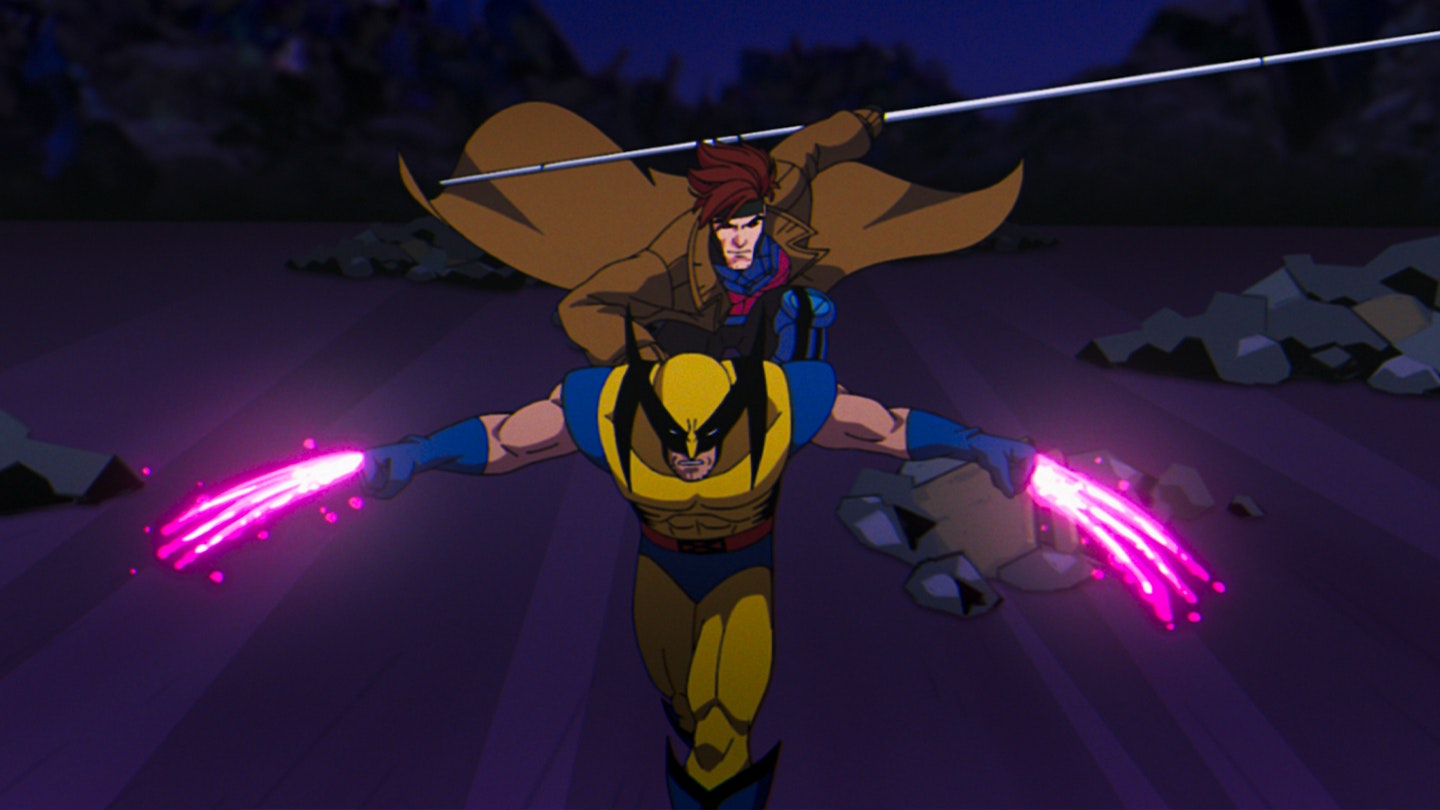
And if that all sounds a little too heavy, then the sheer weirdness of the third episode offers reassurance that X-Men ‘97 is happy to play fast and loose with tone and tempo. Every bit as brain-bending and ballsy as the original series’ ‘Days Of Future Past’ and ‘Phoenix Saga’ arcs, ‘Fire Made Flesh’ is a Rumpelstiltskian, Gothic horror-inflected shot of sheer lunacy with a real Sinister streak. Over the course of an entire season, tonal whiplash could become a concern, but looking at some of the upcoming episode titles and multi-part stories ahead, everything seems to have a clear sense of where it’s heading.
The real secret sauce at the heart of the series though is, unsurprisingly perhaps, the voice cast, whose off-the-charts chemistry is a magnetising force. The familiar tones of Cal Dodd’s gruff Wolverine, Alison Sealy-Smith’s magisterial Storm, Lenore Zann’s sultry Southern belle Rogue, and George Buza’s loquacious Beast have only gained in lustre in the quarter-century since X-Men: The Animated Series ended. Elsewhere, incoming voice acting veterans Jennifer Hale and Ray Chase find new depths in Jean Grey and Scott Summers/Cyclops’ relationship as they navigate pregnancy, leadership struggles, and the prospect of a life beyond the X-Men, whilst A. J. LoCascio slips into Gambit’s flirtatious New Orleans patois effortlessly. Throw in the newly redesigned non-binary mutant Morph, voiced as fluidly as the name suggests by J. P. Karliak, and intriguing newbie Roberto da Costa/Sunspot (Gui Agustino), and you’ve got yourself quite the team.
Watching Cyclops issue an almighty “To me, my X-Men!” before Beast manhandles a sentinel, Gambit charging up Wolvie’s claws before Logan goes feral, Jean conjuring a telepathic maelstrom and Storm cooking up a… well… storm, is enough to make you want to grab a big bowl of Cheerios and sit three inches from the screen like it’s 1997 again.
So now, with Deadpool & Wolverine inbound this summer, the MCU’s own X-Men looming on the horizon, and second and third seasons of _X-Men ‘9_7 already in development (DeMayo replacement pending), a new age of mutants is upon us. And if what’s to come is half as good as what we’ve seen so far, then the future’s looking real bright, bub.
